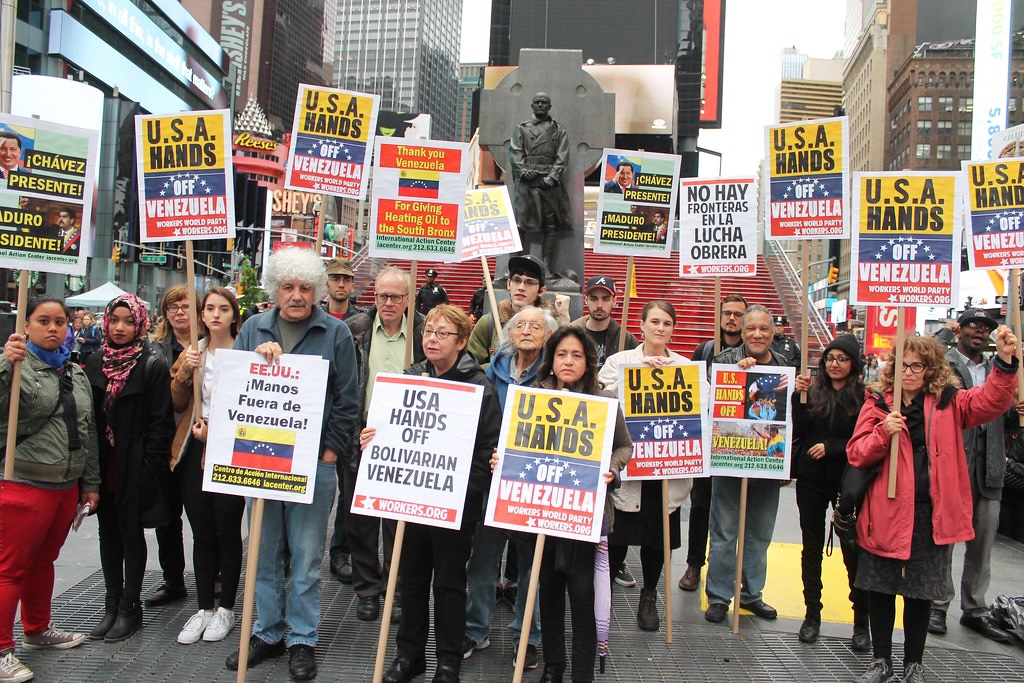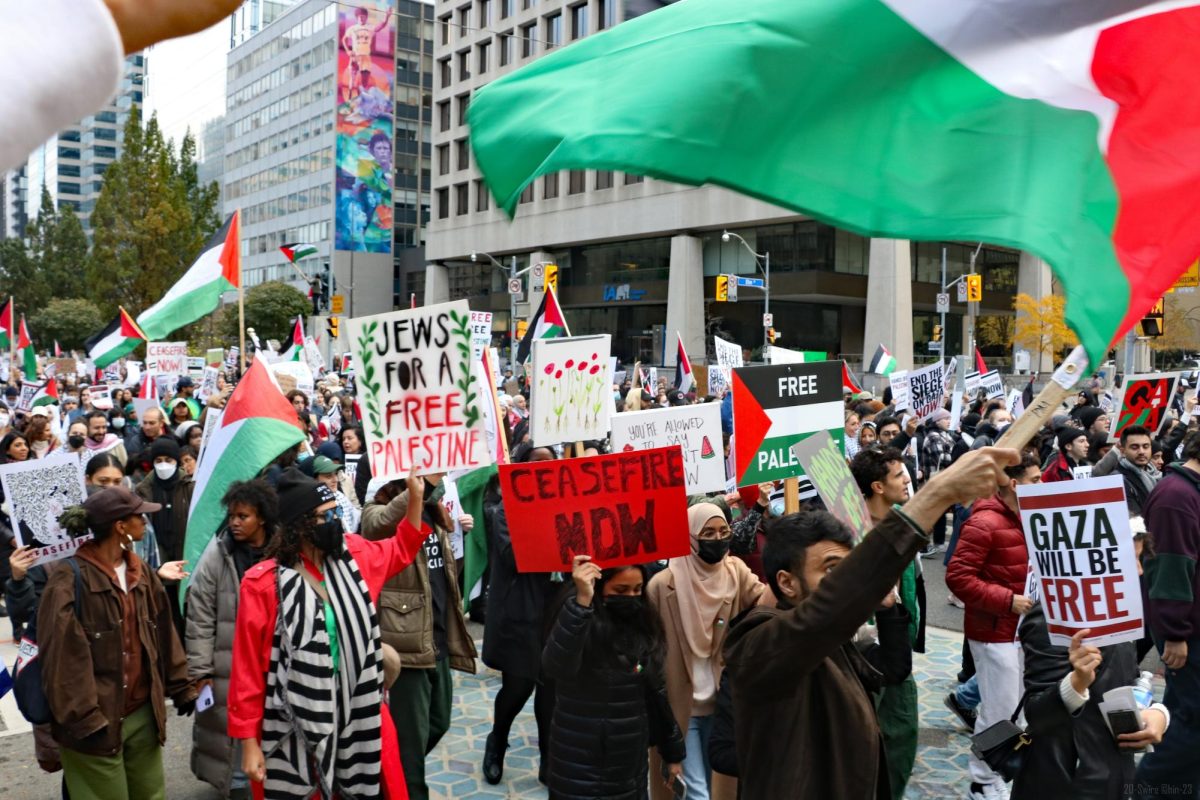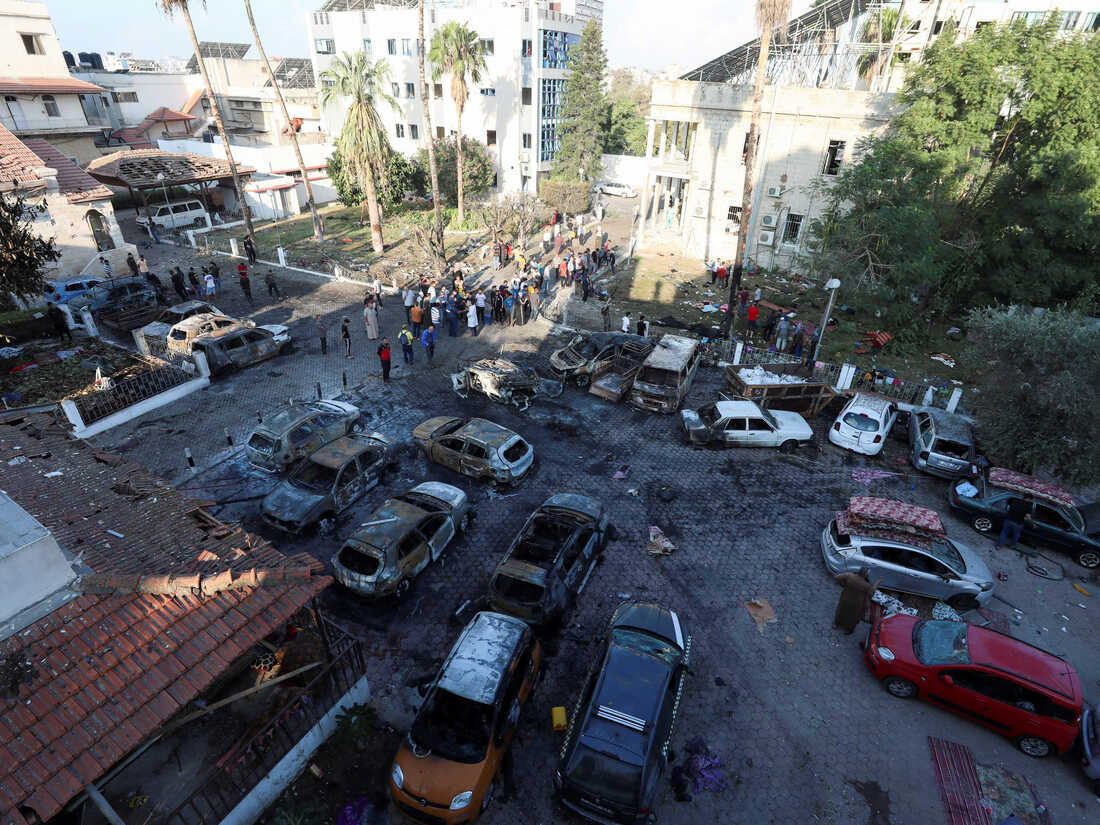On Oct. 7, Gaza-based political and terrorist organization Hamas launched an assault on Israel, killing more than 1,400 Israelis and injuring approximately 4,500 people. The attack was motivated by anger over Israeli expansion and policies toward Palestinians in the West Bank and the Gaza Strip.
According to ABC News, Hamas infiltrated Israel following the Jewish holiday Sukkot, firing thousands of missiles and crossing the border via trucks, boats and paragliders. Hamas militants then traveled to nearby towns and kibbutzim settlements, killing Israeli civilians and taking at least 150 hostages –– including more than 25 Americans.
In response, Israeli Prime Minister Benjamin Netanyahu declared war and vowed to “demolish Hamas.” As a result, more than 4,000 Palestinians have been killed and 13,000 injured in Israeli counter attacks on Gaza, according to NBC. An estimated one million Palestinians have been displaced.
Before conducting military counteraction in the Gaza Strip, the Israeli Defense Force (IDF) issued evacuation warnings to one million Palestinians living near targeted areas. However, these warnings were met with skepticism from the United Nations, which issued a statement: “it is impossible for such a movement to take place without devastating humanitarian consequences.”
Hamas ordered Palestinians to ignore Israeli evacuation warnings, describing them as Israeli propaganda and stating that fleeing is treason, according to Reuters. Commissioner General of the United Nations Relief and Works Agency for Palestine Refugees in the Near East (UNRWA) Philippe Lazzarini said, “The call from the Israeli Forces to move more than one million civilians living in northern Gaza within 24 hours is horrendous.”
IDF International Spokesperson Lt. Col. Richard Hecht expressed his anger at the lack of response to the IDF’s warnings, saying in a social media press release that “our warnings are to save Gazan civilians, civilians that Hamas believes are more valuable dead than alive.”
Some Palestinians did leave their homes per the IDF’s warnings, but those “who followed the evacuation warnings and fled their homes in search of safety suffered the very fate they were running from: Israeli airstrikes killed them outside of the evacuation zone,” according to CNN.
On Oct. 17, the al-Ahli Arab Hospital in Gaza was bombed, killing hundreds. Various reports share conflicting accounts identifying the perpetrators of the bombing. Recent forensic analysis from CNN indicates the blast resulted from a rocket launched within Gaza breaking midair and landing on the hospital. The Biden administration stated its intelligence aligns with reports that the blast resulted from a misfired missile from within Gaza. Israeli officials claim it was a misfired rocket from the militant group Islamic Jihad, though Palestinian leaders accuse Israel of the hospital bombing amid their ongoing airstrike campaign. Islamic Jihad denies responsibility.
Palestinians in Gaza are also suffering from a humanitarian crisis. According to the Commissioner General of The United Nations Relief and Works Agency for Palestine Refugees in the Near East (UNRWA) Philippe Lazzarini, Gaza is “on the brink of a major health and sanitation crisis,” as water, food and other supplies run out. In response, on Oct. 21 Israel opened the Egypt border, a crossing they had previously sealed, allowing humanitarian aid to be delivered to Gaza through the Egypt border.
Conflict in the Israel–Palestine region has persisted for decades, manifested most recently in the Hamas attacks and the Israeli response. The state of Israel was established in 1947 through the United Nations partition of Palestine into separate Arab and Jewish states following World War II. As a result of the violence that followed and an eventual 1949 armistice agreement that reallocated the land, 700,000 Palestinians fled or were expelled from their homes and 15,000 were killed, an event that Palestinians call the Nakba, or “catastrophe.” Disagreements over territory have led to ongoing conflict in the region.
Hamas was founded in 1987 as part of the early Palestinian resistance movement. The group gained control of the Gazan legislature in 2006 and has served as the authority in the region since, although it has been designated as a Foreign Terrorist Organization by the U.S, according to the Council on Foreign Relations.
Though disagreements persist on the causes and actors contributing to the recent war, the attacks are the latest chapter in the long and fraught history of the two conflicting groups.
* This article was last updated on Oct. 24, 2023.









































